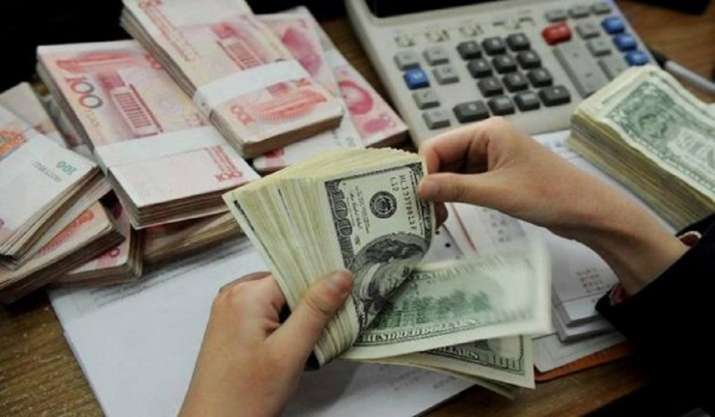In the ever-evolving tapestry of global economics, foreign exchange (forex) stands as a cornerstone of economic stability and growth, particularly in developing nations like India. Forex plays a pivotal role in fostering trade, investment, and overall financial development. In this comprehensive exploration, we will delve into the multifaceted significance of forex in India, examining both its macroeconomic benefits and its impact on individuals and businesses alike.

Image: www.instaforexinindia.com
Forex serves as the lubricant that facilitates international trade, allowing countries to import and export goods and services while setting the exchange rates between their currencies. For India, forex markets are pivotal in channeling foreign capital into the country through foreign direct investment (FDI) and portfolio investments. These inflows provide crucial financing for infrastructure development, boost industrial growth, and create employment opportunities. Forex markets also offer a hedging mechanism for Indian exporters and importers, shielding them from exchange rate fluctuations that could otherwise erode their profitability.
Furthermore, a robust forex market ensures macroeconomic stability by mitigating currency volatility. The Reserve Bank of India (RBI), India’s central bank, plays a crucial role in managing forex reserves and intervening in the currency market to prevent sharp fluctuations that could disrupt trade and economic growth. By stabilizing exchange rates, forex markets foster confidence among foreign investors and promote economic growth.
Beyond its macroeconomic significance, forex also plays a vital role in the daily lives of individuals and businesses. Remittances from Indians working abroad constitute a significant source of foreign exchange for the country, providing financial support for families and fueling economic growth in rural areas. Foreign exchange is also essential for businesses engaging in international trade or seeking to expand their operations overseas. Forex markets allow them to convert currencies at competitive rates, manage currency risk, and facilitate seamless cross-border transactions.
In recent years, the Government of India has recognized the importance of forex and has implemented various reforms to liberalize forex markets and promote financial inclusion. The liberalization of the capital account has encouraged foreign investment, facilitated access to global financial markets, and boosted economic growth. Additionally, measures such as the Foreign Exchange Management Act (FEMA) and the Liberalized Remittance Scheme (LRS) have simplified cross-border transactions and enhanced the ease of doing business for Indian companies and individuals.
As India continues on its path of economic development, forex will undoubtedly remain a key pillar of its economic framework. The government’s commitment to fostering a vibrant and stable forex market will be essential in attracting foreign capital, promoting trade, and providing financial stability. For individuals and businesses alike, forex will continue to play a vital role in global commerce and economic prosperity.
In conclusion, the importance of forex in India’s economic development cannot be overstated. Forex markets facilitate global trade, attract foreign investment, promote economic stability, and empower individuals and businesses alike to participate in the global economy. As the country continues to grow and integrate with the world economy, the role of forex will only become more profound, serving as a cornerstone of India’s economic prosperity for generations to come.

Image: www.indiatvnews.com
Importance Of Forex In A Country Like India






